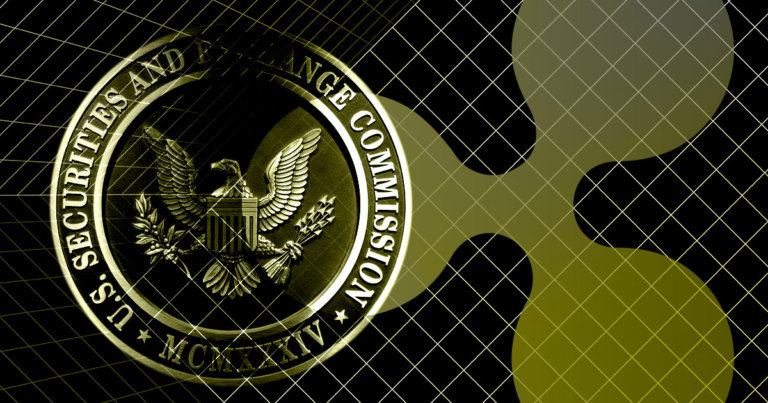 Ripple files opposition to SEC’s expected appeal
Ripple files opposition to SEC’s expected appeal Ripple files opposition to SEC’s expected appeal
Ripple has argued that the U.S. Securities and Exchange Commission's earlier request for an interlocutory appeal is unjustified and should not proceed.

Cover art/illustration via CryptoSlate. Image includes combined content which may include AI-generated content.
Ripple submitted a filing on Aug. 16 expressing opposition to an interlocutory appeal expected from the U.S. Securities and Exchange Commission (SEC).
The SEC accused Ripple and two of its members in December 2020 of breaking security regulations through the sale of the XRP token. Ripple gained a summary judgment in that case on July 13, 2023 as the judge decided that programmatic or public exchange sales of XRP (and certain other distributions) were not securities offerings.
However, on Aug. 9, the SEC submitted a court filing in which it set out a basis for an interlocutory appeal that would contest the pro-Ripple ruling.
Ripple’s latest filing now aims to prevent such an event. The company argued that the SEC’s expected appeal deviates from its previous focus, writing:
“Having failed to meet its burden to present facts that would support stretching [the Howey test] to cover all of [Ripple’s] distributions of the digital asset XRP, the SEC now does an about-face and rushes to appeal what it claims … is a purely “legal question” affecting all other digital-asset cases.”
Ripple suggested that the exceptional circumstances necessary for an interlocutory appeal do not exist and went on to address the SEC’s earlier points.
Ripple addresses SEC’s arguments
Ripple argued that the contested summary judgment does not involve a controlling question of law, noting that the security status of programmatic XRP sales does not involve a pure question of law that can be decided “quickly and cleanly.” Rather, the matter can only be decided by accounting for a variety of facts through the Howey test — a test that Ripple says is “fact-specific” by the SEC’s own admission.
Ripple further argued that the SEC has not presented significant reasons to dispute the previous court ruling. Whereas the SEC previously suggested that there is an “intra-district split,” Ripple said that those differences are “illusory.”
Ripple said that, although the court responsible for the SEC’s separate case against Terraform Labs rejected the distinction between programmatic and institutional purchasers, that court similarly came to the conclusion that digital assets are not necessarily securities offerings. Ripple also argued that other pending SEC cases are not evidence of an intra-district split as each case has different facts and circumstances.
Finally, Ripple argued that the SEC’s appeal would not help the case reach its end but would in fact raise further legal questions. The SEC previously argued that its interlocutory appeal would simplify and improve the efficiency of proceedings.
The above matters only concern Ripple’s programmatic sales and other distributions. Separately, the SEC has deemed Ripple’s institutional sales as securities. Additionally, two Ripple members are set to face a jury trial for their involvement in sales operations.




 Arkham Intelligence
Arkham Intelligence 

 Farside Investors
Farside Investors 
 CryptoQuant
CryptoQuant 
 CoinGlass
CoinGlass 


































































































